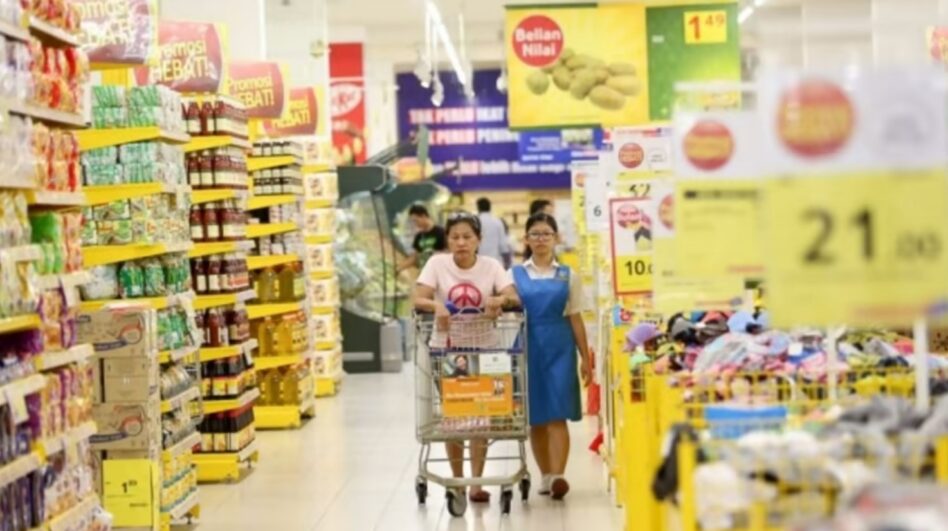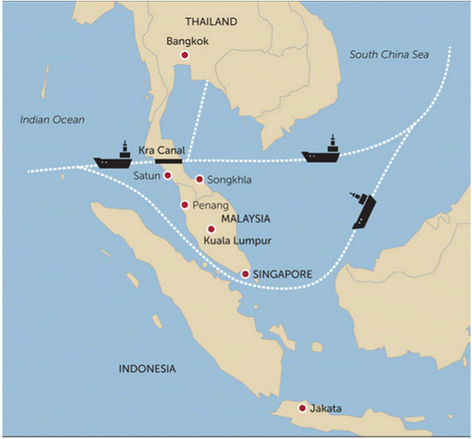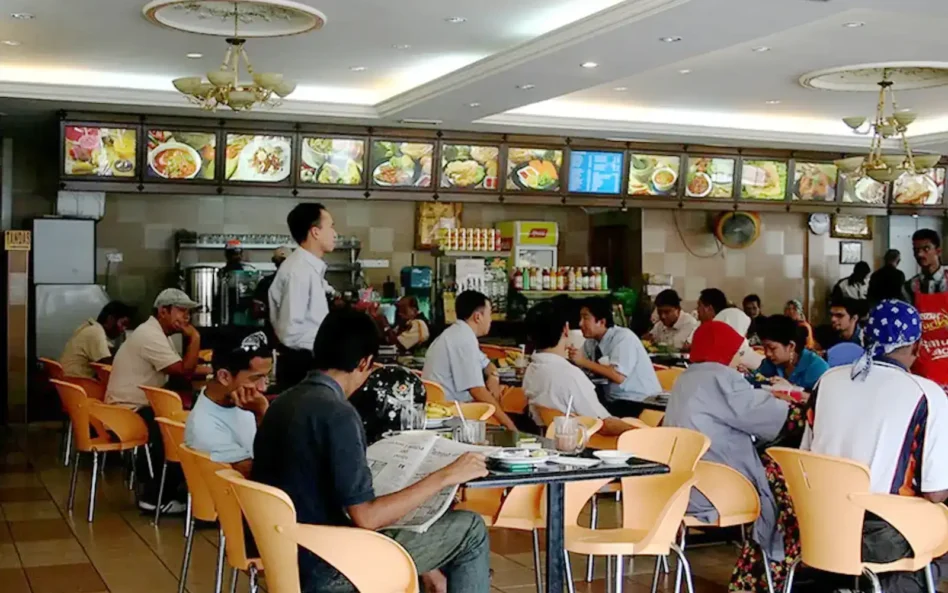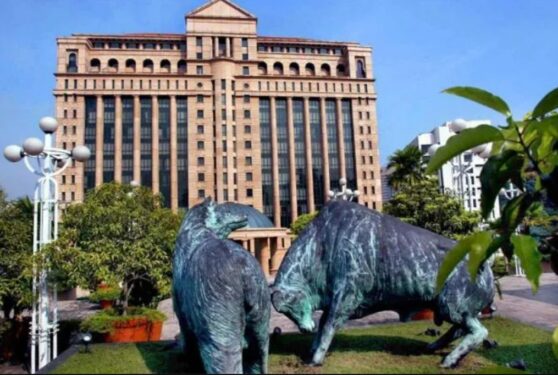By Emmanuel Samarathisa
Read Part 1 of FocusM’s interview with Raja Alias
Now to Felda. Give us a behind-the-scenes take. What were the early days like?
Felda was born out of noble and sincere objectives. The political leaders and government of the day were determined to eradicate poverty, in particular rural poverty. Their vision, as was so well articulated by none other than our second prime minister Tun Abdul Razak, was to provide “land for the landless and jobs for the jobless”.
He knew that there was a need to expedite the rural development programme. The rural areas then, where the major portion of the population was concentrated, were plagued by poverty and were ripe targets for communist insurgency as the Emergency Rule had just ended.
I was at that time the state development officer of Pahang and was assigned by Tun Razak on the recommendation of Tan Sri Taib Andak to drive the development effort and execute their vision as documented in the Rural Economic Development blueprint.
And how did you and your team cope?
On looking back, this assignment with Felda has been the most challenging in my entire working career, but it has also been the most rewarding and enriching.
In all the land development projects that we undertook, we were treading new ground. There was no manual that we could refer to, nor was there the luxury of time for us to experiment. We had to visualise and plan for the final result and formulate our policies and standard procedures as we moved along. In all, we managed to develop 871,000ha of oil palm and rubber estates and emplaced 121,000 settlers into 478 Felda schemes.
As I reminisce on our journey towards poverty alleviation that was visualised and initiated by Tun Razak and continued after his untimely demise; as I recall all the obstacles and tribulations the team had to endure as well as the breakthroughs and new grounds that were achieved; I inevitably came back to a few final observations.
Firstly, more than all the rewards and accolades that have been received, and more than the monetary rewards that go with the position, are the knowledge and sense of pride that I have been a part of this monumental effort to eradicate poverty by setting up the many Felda schemes that now span the length and breadth of Malaysia.
Secondly, it has also confirmed my belief that a leader is no good without his team. While the leader is the one who calls the shots and leads the charge, at the end of the day, the fortunate leader is the one who manages to rally the support of a united and equally committed team that works in tandem with him to reach the finishing line.
Finally, Felda’s early success as recognised by various international bodies such as the World Bank, Asian Development Bank, Commonwealth Development Corp and Ramon Magsaysay Foundation is proof of what can be achieved if there is political will, where the leaders and government are clear and straightforward in their vision, determined and single-minded in their execution and, most importantly, sincere in their intentions.
What was it like working with Tun Razak?
Before my assignment with Felda, I had been exposed to Tun Razak when I was the district officer of Ulu Langat. I had the highest regard and admiration for him.
In my subsequent years in Felda and having worked closely under him, I came to appreciate the noble values that drove and inspired him and I have always measured my progress against his expectations. He was an illustrious son of Malaysia and all Malaysians should rightfully be proud of him for he truly cared for the plight of the poor and needy, and cared enough to want to do something about it.
The power and authority that came to him by virtue of his position was never abused but instead was always used to promote the well-being of the less fortunate. Tun Razak was ever the visionary, believing that Malaysians could live meaningful and peaceful lives, and was especially committed to rural development.
Despite his very busy schedule as deputy prime minister and minister of rural development then, and subsequently, as prime minister, he always had time for Felda. He made frequent visits to schemes under development and always had a ready ear for Felda’s problems and requirements. He knew his senior officers well and made sure he took care of their welfare.
When you retired from Felda, it was a reputable institution. Has it veered off course?
It might have veered off course, but it is never too late to get itself back on the right track. To do this, it is necessary, first and foremost, to put the right people in place and build a good team that can spearhead the effort.
But one criticism of Felda is that it lacked an exit strategy.
It need not be so. That depends very much on the strategy going forward. The original objective of Felda was to provide land for the landless and jobs for the jobless. That objective has been achieved in the first 50 years of Felda’s development. Settlers are now landowners and as long as they are able and willing, there will be a job for them and their dependents on their oil palm lot.
At the same time, a huge majority of the dependents of the original settlers no longer require jobs on their land as most have moved up the educational and economic scale and are no longer prepared to work on the land. I would argue that the use of the term “second- and third-generation settlers” is a misnomer. If one is a doctor, an accountant, teacher, etc, one’s children and grandchildren are not considered and treated as second- and third-generation doctors, accountants or teachers – unless, of course, they themselves have gone through the experience of the same job.
So an exit strategy for Felda should consider the original settlers as landowners of the individual lots of oil palm/rubber estate within the current Felda schemes and ensure that these lots remain together as a single entity, for only then can they continue to be viable.
And what would be the way forward for Felda?
The original purpose of Felda’s existence, ie poverty alleviation through land alienation and rural development, has in fact been delivered. There is no longer any more land to be alienated for new settlers, and even then, not many people now are keen to be settlers. Numerous other opportunities have been created for the people and they now have multiple choices. Felda’s role as a land development agency has therefore been exhausted.
What follows is to ensure what has been delivered is sustainable and perhaps even progressive. The original 121,000 settlers who entered Felda schemes, and those of their dependents (numbering 600,000) who are still residing in the schemes, will need a modus operandi for the continuation of their activities within the Felda schemes which will ensure that they do not fall behind in society.
Probably, the time has come to consider these possibilities – whether the settlement area should be run as a local council, just like the councils in the New Villages; whether the agricultural areas should be coalesced into cooperatives and managed by professionals; whether Felda is able to acquire sufficient internal funds to finance its operating costs, and continue working with the settlers; or failing which, should the government continue to support its operations.
In short, there is a need to examine whether the old “Felda Model” is still relevant in the present environment or “do we need a new alternative?”.
You’ve lived to see Malaysia (then Malaya) gain independence and onto becoming a developed nation. And education and the economy are two national pillars. How should we address these?
In the field of education, while the level of education in schools may have improved and the reach of education in Malaysia has widened, we do need an education system that will provide the building blocks for a united and unified Malaysia.
Can schools be utilised to achieve national unity and integrity? Can we use education as a medium to get the young to understand and appreciate each other? We have been independent for 62 years but we have not achieved much in the area of national integration. More thought has got to be given here. Can we not start by insisting all young students be familiar with three languages – Malay, English and a third language of their choice?
In respect of the economy, while we may have made enormous strides in the country’s GDP, level of infrastructure development, development of the stock market and corporate sector, financial systems, property market and so on, the man in the street perception of economic progress will always revert to ease of living issues, such as ease of transportation, ease of healthcare, housing, cost of living, education for children, childcare, etc. We need to keep our eye on the ball and always focus on these areas rather than the former.
Finally, what’s your hope for the younger generation and Felda?
I do hope that Malaysia will continue to develop and prosper and that all Malaysians are able to live in peace and harmony. I hope too that our dream to live in a united Malaysia will be realised sooner rather than later.
Our younger generation now are better trained and have the capacity to acquire new skills and knowledge to meet the requirements of the future. My hope is that there will be sufficient opportunities in Malaysia for them to earn a decent living and that they will not have to go abroad to find a job of their choice. If given the right environment, I am confident that the young generation of Malaysians will be able to take us forward to a better future.
I certainly wish the new leadership of Felda the very best during this challenging time in its journey. Next year, 2020, marks the 64th year of Felda’s existence. It is not considered an old organisation by any measure. My hope is that it will refresh itself and pursue a business model that will bring out the best of Felda to work together with the settlers to sustain and improve on what has been achieved this far. I certainly wish them the best. – Jan 3, 2020










